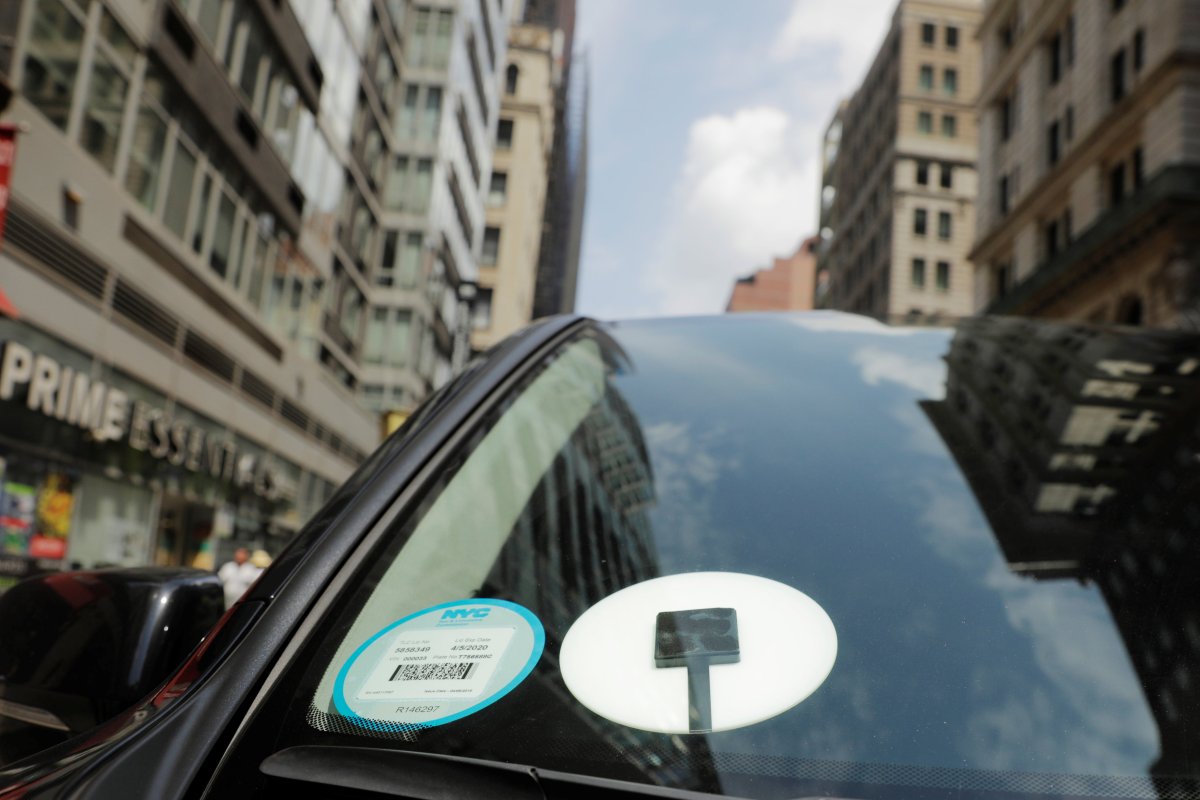On this week’s episode of the Global News original podcast This is Why, Niki Reitmayer investigates just how reliant society has become on the gig economy and the appeal of working as an independent contractor. She speaks to numerous Uber drivers from cities around the world as well as human rights lawyer Geoff Mason.

What is the gig economy?
Over the past number of years, the rise of companies such as Uber, Airbnb and Doordash has created an environment in which temporary positions are common and organizations contract independent workers for short-term engagements. This is also known as the gig economy.
Geoff Mason, an employment and human rights lawyer based in Vancouver, says that the gig economy allows many workers to obtain jobs easily, trying their hand at different positions and finding the right fit for them. But it also creates a decline in traditionally based employment positions, which is a concern.
“There is this element of risk and vulnerability for a lot of workers within the gig economy for a whole number of reasons. By the very nature of them being defined as independent contractors, you are taking on more risk. You are not being entitled to traditional-based employment protections.”
The way people work in society has changed throughout history, and society has been able to adapt to these transitions. But this new trend is bringing many new questions and uncertainty to the future of jobs in Canada.
Workers are finding themselves forced into these new gig positions for a number of reasons, particularly due to the decline of traditional jobs and advancements in technology that come with very little overhead.
But the biggest concern to employment lawyers is whether these independent contractors should be entitled to some form of employee benefits, says Mason.
“Independent contractors are looking more and more like employees. You’re getting more and more of an inequality in bargaining power; you’re getting more and more individuals who are feeling like they are forced to take on these positions.”
There are more opportunities for profit but also an increase in risk, says Mason.
Watch: Uber in Canada
So what’s it like to work for one of these companies?
Earlier this year, This is Why host Niki Reitmayer spoke with a number of Uber drivers from cities around the world to get their perspective.
“They’re not really an employer here so that’s part of the issue,” said Sherry Lea, an Uber driver in Perth, Australia.
“We’re all independent contractors. We have to pay GST on the full fare, even though we haven’t collected it. It’s difficult to make money, plus you have to pay 25 per cent to Uber.”
She said the money can also add up fast when you factor in maintenance and costs associated with using your own vehicle.
Sean in Colorado, a former stay-at-home dad, said he often hears drivers complain about not making enough money, something he chalks up to a bad attitude.
“You’ve got to work it to make it worth it, just like anything else,” he said. “There’s a lot of vitriol among drivers, but they’re the ones who don’t want to work very hard and always get great fares.”
Rachel is a Baltimore teacher who lives near the city’s entertainment district, which she said allows her to work part-time when the fares are better.
“It’s easy for me to just sit on my sofa and wait until the surge really kicks in, when I can make some good money,” she said.
Here in Canada, the classification of these workers is currently going through the courts in order to determine if they are employees or independent contractors.
“If there is a recognized inequality of bargaining power or vulnerability, there will have to be some sort of regulatory legislation,” Mason says.
While regulation is necessary, no country wants these companies to go away, as economies rely on them heavily.
“These are not just stagnant economic circumstances, these are growing trends. Right now, I think estimates are about 20 to 30 per cent of workers are independent or gig economy workers, but that number is set to increase substantially,” says Mason.
If you are concerned or want to limit your own risk of becoming an independent contractor, this is an issue everyone should be focusing on, Mason says.

To hear more about this topic, listen to this week’s episode of This is Why on Apple Podcasts, Google Podcasts or wherever you listen to your favourite podcasts.













Comments